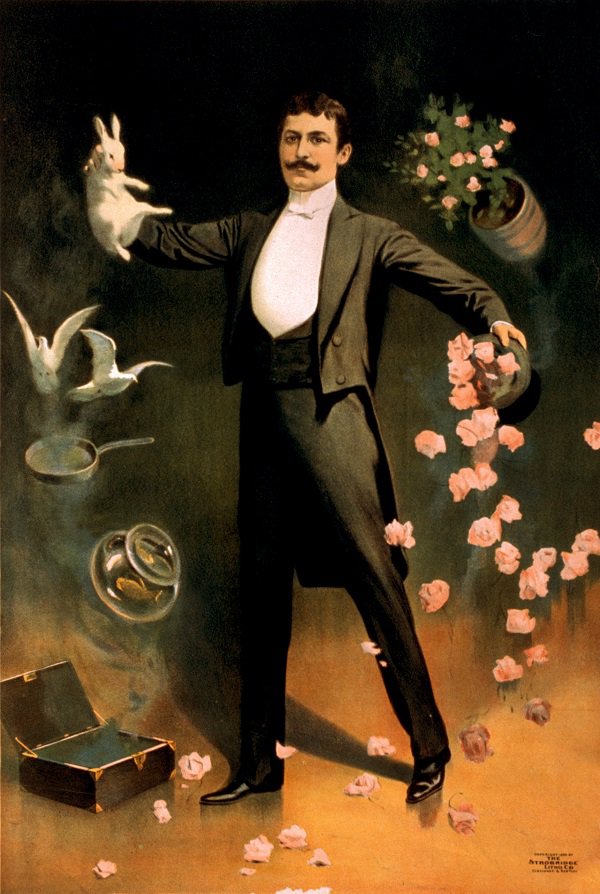
An illusionist is someone who plays tricks on the human eye with deception, distraction, and showmanship. Known more commonly as a magician, this, is a dying breed.
Back in, say, the 1800’s, pulling a rabbit out of a hat blew their goddamn minds. Here are a few things you may not have known about the art form of an illusionist.
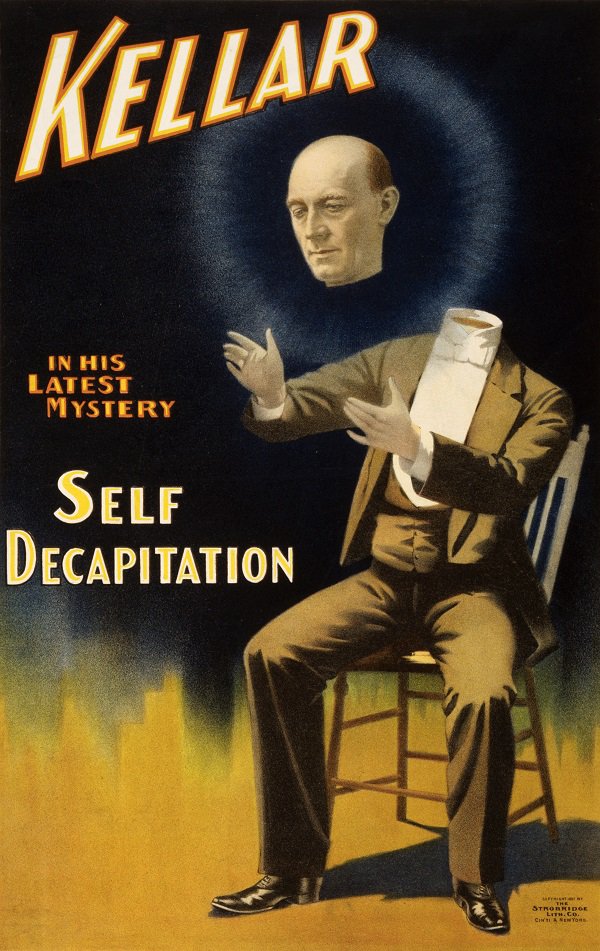
They’re mostly self-taught
Despite our biggest hopes and dreams of going to Hogwarts, there is simply no such thing as a grand wizard school in which all of the greats go to master their craft. No, for the most part, it’s books, DVD’s, online research, and the imagination of the magician him/herself.
Like any other performance act, a big key to success is being original and coming up with your own tricks. This is what most illusionists try to do when they are locked away working at their craft.

They spend a ton of money on books
Illusionists who really take their shit seriously are no strangers to dropping mad cash on some books.
Las Vegas magician Xavier Mortimer says
“Most magicians are serious scholars. don’t know any professional magicians who don’t have their own extensive libraries about our craft.”
In fact, Houdini himself had over 4,000 books related to both magic and spirituality.
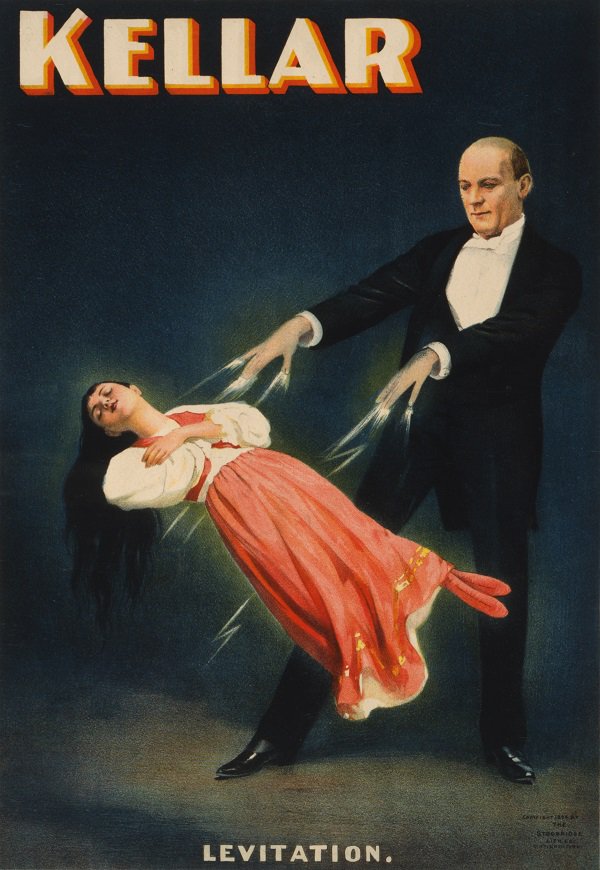
A trick can take years to perfect
As mentioned earlier, creating a trick that is simply <em?theirs is paramount for an illusionist. To do so, they may spend years upon years coming up with the perfect act. Magician Danny Whitson says “A great magician is always learning.”
Houdini would work relentlessly in order to perfect even the smallest aspects of a trick.

There’s money to be made
An illusionist who doesn’t have a regular spot in Vegas typically has to do whatever they can to ensure that they get gigs to pay the bills. The thing is, a single show at an office party can bring in anywhere from $800 to $2500. Bars, clubs, and festivals can bring in $300-$1000, while birthday parties can rake anywhere from $200-$500.
This means that there’s potential to earn a couple grand a week just doing a handful of shows.
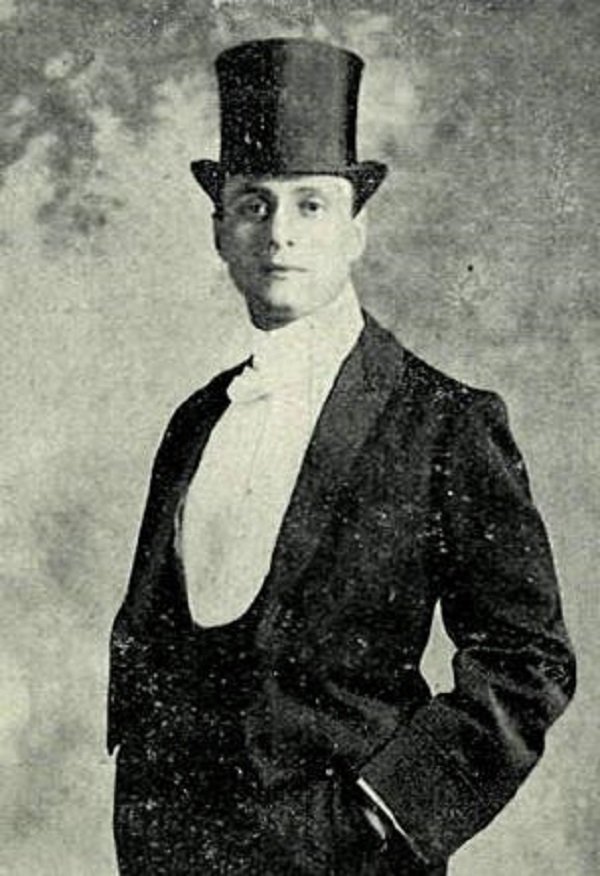
No bad days
As is the case in any show-biz act, you simply can not let the audience know that you are having a bad day.
“Being a pro magician basically means you are selling a product—yourself. You have to convince your audience you are the best even when you don’t feel like it.”
Magician Dave Taylor says.
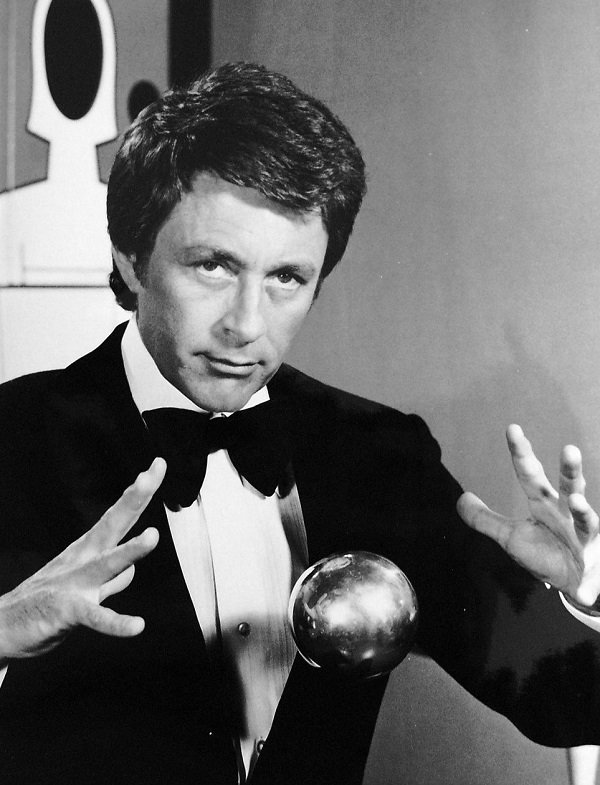
There are several kinds of magicians
As there are different genres of music, there are different types of magicians. This ranges from close up magicians, to illusionists and big show magicians, mentalists who read minds, bizarre acts who do freaky things, and general entertainers who focus on several acts in one gig.
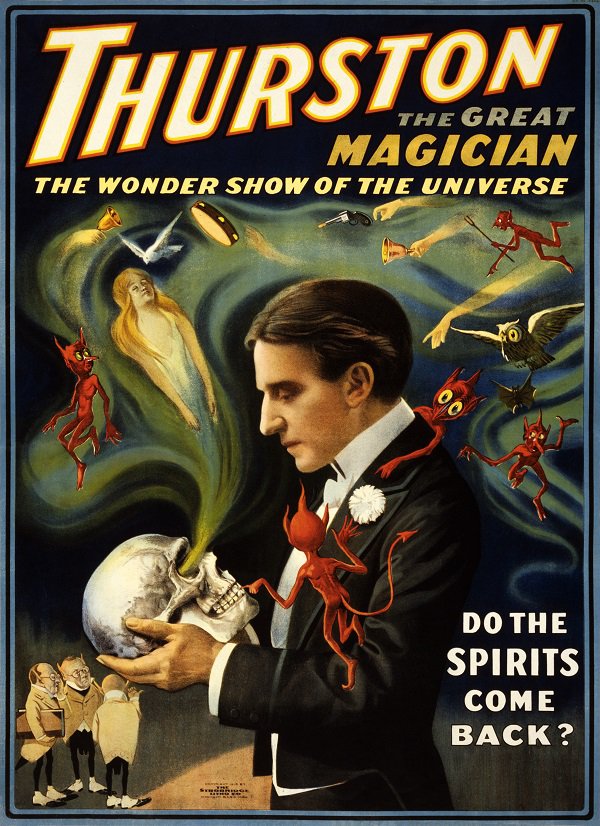
They’re serious about keeping secrets
No matter how close you may be to a magician, they may never reveal their tricks to you. Unless you are being taught tricks by paying for lessons- which few magicians are okay with doing- you’ll never know. Truth is, it’s probably better you don’t.
Magician Denny Haney says
“It’s usually something very simple. It’s always more fun to be amazed.”

Professional Magicians avoid trick decks like the plague
You’re familiar with the trick decks you can buy at magic shops, right? These are the ones that can turn anyone into a regular Houdini, so long as you manage to make sure your friends don’t ask to see the deck afterwards. Well, professional magicians try to steer away from these things specifically for that reason.
“If you have a funny back, if people don’t recognize it, they automatically suspect it’s a trick deck.” Says Haney.
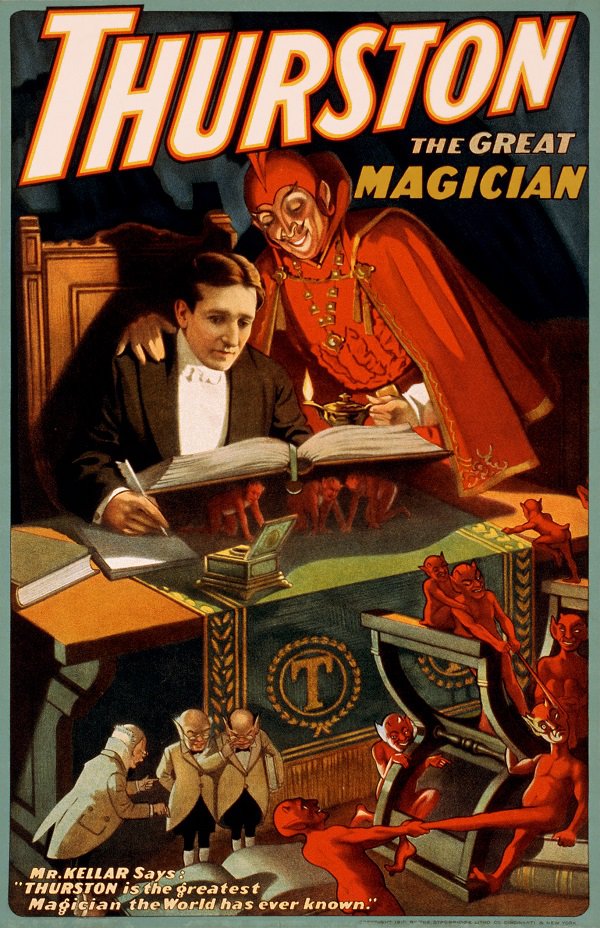
Misdirection is your master
A great magician understands this. Being able to ensure that peoples eyes are where you want them to be, especially when you’re doing something else out of sight, is key. It is like a good joke. A great punchline is unexpected and is revealed in such a way that you did not see coming. This is how magicians get people standing on their feet clapping.
 Barnorama All Fun In The Barn
Barnorama All Fun In The Barn